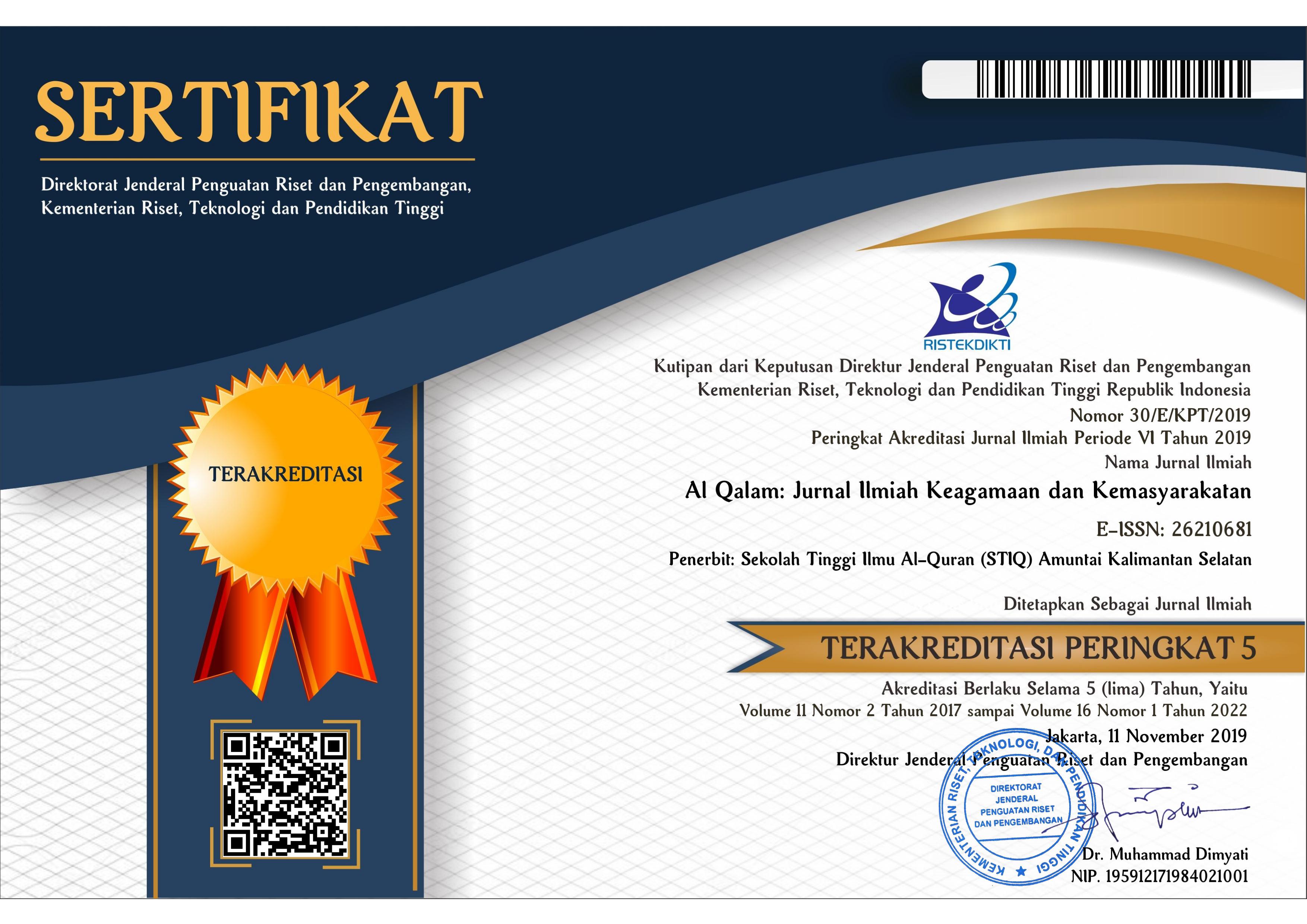Rational Choice Theory and Taste of Japanese Popular Culture in Motivation of PMI to Enter Japan's Global Labor Market
Abstract
Keywords
Full Text:
PDFReferences
Achenbach, Ruth. Return Migration Decisions. Germany: Springer VS Wiesbaden, 2017. https://doi.org/10.1007/978-3-658-16027-2.
Bogdan, R. C., and Sari Knopp Biklen. Qualitative Research for Education. Boston: Allyn and Bacon, 1992.
Bourdieu, P. Distinction a Social Critique of the Judgement of Taste. Cambridge: Harvard University Press, 1984.
Coleman, James S. Foundations Of Social Theory, 1990.
Drezner, Daniel W. The Sanctions Paradox: Economic Statecraft and International Relations. Cambridge Studies in International Relations. Cambridge: Cambridge University Press, 1999. https://doi.org/10.1017/CBO9780511549366.
Haug, Sonja. “Migration Networks and Migration Decision-Making.” Journal of Ethnic and Migration Studies 34, no. 4 (2008). https://doi.org/10.1080/13691830801961605.
International Labour Organization. “World Employment and Social Outlook: Trends 2023.” Report, January 16, 2023. http://www.ilo.org/global/research/global-reports/weso/WCMS_865332/lang--en/index.htm.
Ishizuka, Futaba. “International Labor Migration in Vietnam and the Impact of Receiving Countries’ Policies.” IDE Discussion Papers, IDE Discussion Papers, 2013.
Iskandar, K. “Skema Speficied Skill Workers (SSW)/Tokutei Ginou.” Indonesia, 2020.
———. Trajektori Sosial Ekonomi Perawat Dalam Perspektif Rantai Nilai Global Suatu Analisis Migrasi Perawat Indonesia Ke Jepang. Depok: University of Indonesia, 2016.
Iskandar, Kurniawaty. “Japan Aging Issues, Long Term Care Insurance (LTCI) and The Migration of Indonesian Nurse to Enter Japan Labor Market.” Journal of Strategic and Global Studies 2, no. 2 (2020). https://doi.org/10.7454/jsgs.v2i2.1020.
JITCO. “What Is the Technical Intern Training Program ?” JITCO (blog), 2017. https://www.jitco.or.jp/en/regulation/index.html.
Kashiwazaki, Chikako. “Japan’s Resilient Demand for Foreign Workers.” migrationpolicy.org, 2002. https://www.migrationpolicy.org/article/japans-resilient-demand-foreign-workers.
Kumagai, K. H. Satoru. “Economic Impacts of the Regional Comprehensive Economic Partnership: Analysis Using IDE-GSM.” IDE-JETRO, 2021.
Nikkei Asia. “Japan to Ease Language Requirements for Unskilled Foreign Workers.” Nikkei Asia (blog), 2018. https://asia.nikkei.com/Economy/Japan-to-ease-language-requirements-for-unskilled-foreign-workers.
Ritzer, G. Teori Sosiologi: Dari Teori Klasik Sampai Perkembangan Terakhir Postmodern. Yogyakarta: Pustaka Pelajar, 2012.
Romdiati, Haning. “Globalisasi Migrasi dan Peran Diaspora.” Jurnal Kependudukan Indonesia 10, no. 2 (2015). https://doi.org/10.14203/jki.v10i2.69.
Setiawan, S. “Analisis Dampak IJEPA Terhadap Indonesia Dan Jepang.” Jurnal Ilmiah Ekonomi Dan Bisnis 17, no. 2 (2012).
Voydanoff, Patricia. “The Effects of Work Demands and Resources on Work-to-Family Conflict and Facilitation.” Journal of Marriage and Family 66, no. 2 (2004). https://doi.org/10.1111/j.1741-3737.2004.00028.x.
DOI: http://dx.doi.org/10.35931/aq.v17i2.2012
Refbacks
- There are currently no refbacks.
Copyright (c) 2023 Al Qalam: Jurnal Ilmiah Keagamaan dan Kemasyarakatan
Al Qalam: Jurnal Ilmiah Keagamaan dan Kemasyarakatan
index by:
Publish by:
Sekolah Tinggi Ilmu Al-Qur'an Amuntai
Contact us:
Address: Jl. Rakha Pakapuran, Amuntai Utara
Kabupaten : Hulu Sungai Utara
Kode Pos : 71471
Provinsi : Kalimantan Selatan
Telephone : 085251613000
Email: hafizhihusinsungkar@gmail.com

This work is licensed under a Creative Commons Attribution 4.0 International License


